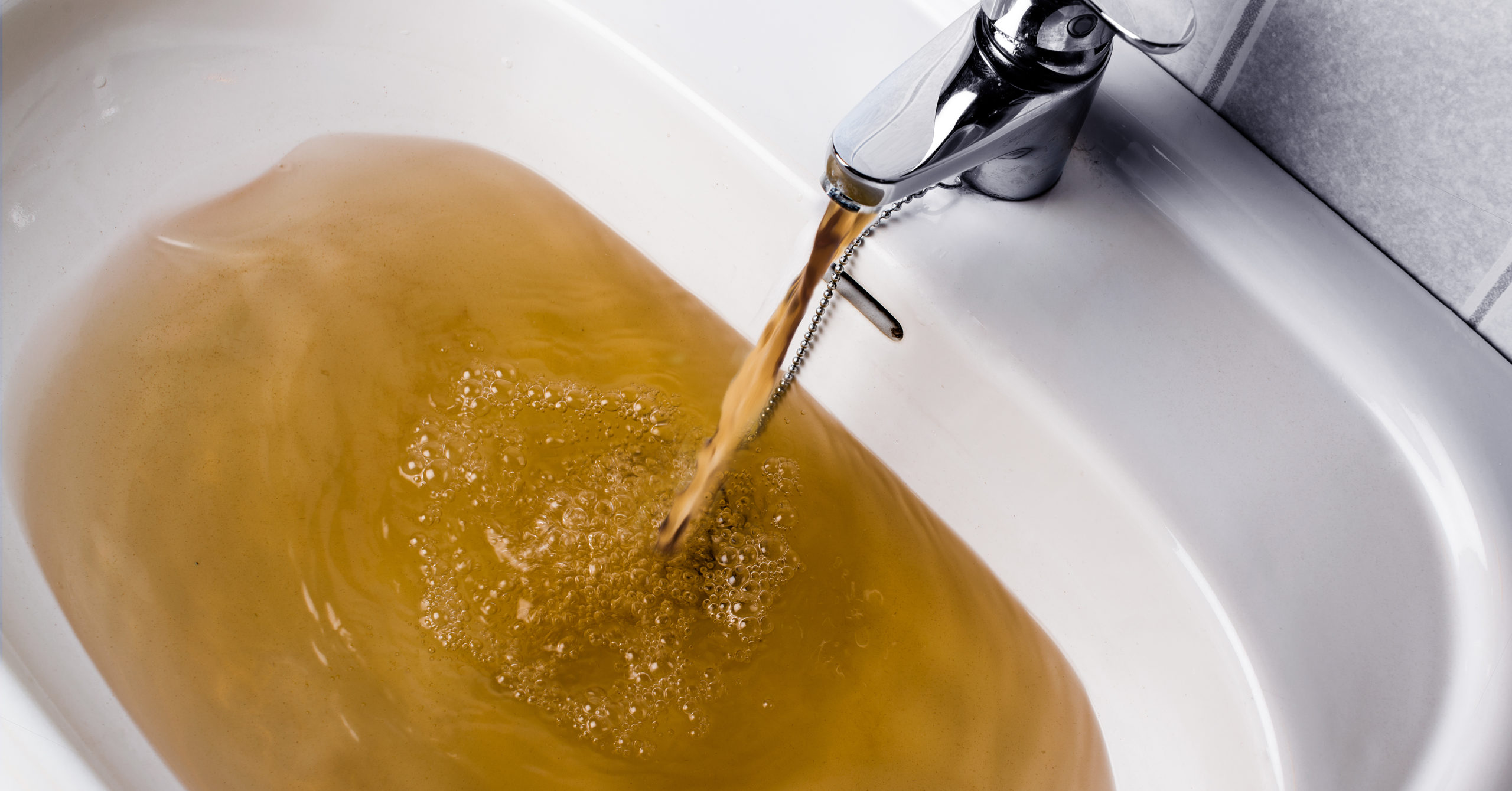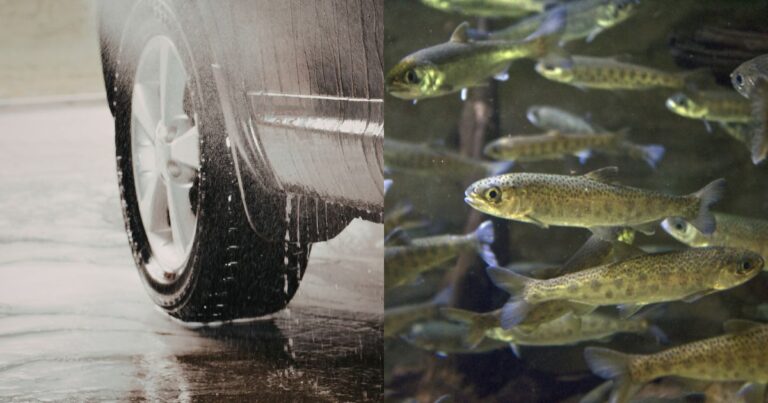As we all navigate the rapid changes and uncertainty of this challenging time, the need to keep our social distance has certainly altered the way we work—but it has not changed the urgency of the work that we do to protect Americans’ health from toxic chemicals.
If anything, we know it’s now more important than ever – people whose immune systems are compromised because they are suffering from cancers and other underlying illnesses that have been connected to toxic chemicals (like PFAS) are among the most vulnerable to the novel coronavirus.
But we heard loud and clear last week: the Trump administration is not letting up on its anti-regulatory agenda during the pandemic.
In fact, the Environmental Protection Agency (EPA) announced on Thursday that it is prepared to waive enforcement of a range of public health and environmental protections. Claiming that industry may have trouble complying with the law during the COVID-19 pandemic, EPA’s announcement will give petrochemical companies and other corporate polluters leeway to ignore laws and regulations around pollution control and monitoring requirements indefinitely, retroactive to March 13.
“Once again, EPA’s leadership is falling far short of the Agency’s longstanding mission of enforcing the laws and protecting public health,” said Bob Sussman, former EPA deputy administrator and counsel for Safer Chemicals Healthy Families. “It’s sad to see an agency that has accomplished so much for the environment in its long history capitulate to polluters who are exploiting COVID-19 to circumvent their basic legal obligations under our laws.”
I wish we found it shocking that the Trump EPA would take environmental cops off the beat, but this is not the Trump Administration’s first time at bat in its campaign to roll back environmental and public health protections. This is the same Trump EPA that slammed the brakes on proposals to ban uses of three dangerous toxic chemicals in its first year. This is the same Trump EPA that last week was reported to have changed the draft risk evaluation of one of those three chemicals – trichloroethylene, a known cancer risk that has polluted drinking water for millions of families across the country.
And as reported by The New York Times, the Trump administration is now “racing” to finish a number of environmental rollbacks and other measures that would weaken the federal government’s ability to protect our health. This includes the administration’s proposed regulation to censor science. At the urging of polluting industries, the current leadership of the EPA has proposed a new rule to solve an imaginary problem—something they have termed “secret science.” This false narrative works in favor of those that profit most from science censorship and paints an inaccurate, bleak picture of scientists gathering data “behind closed doors.” It says that in order to “strengthen transparency,” the EPA should only use research if the public can see every last piece of underlying, raw data.
If enacted, the censorship of the dubbed “secret science” would allow EPA to ignore thousands of rigorous, peer-reviewed health studies, making it harder for EPA staff to protect us from toxic chemicals—and easier for the Trump administration to roll back regulations.
Attorneys general for 14 states and six cities requested that the process for finalizing this rule be delayed, especially given that it relates to public health and many experts in that field are currently focused on the novel coronavirus. However, the EPA has not yet extended the final comment period of 30 days, the minimum allowed under law.
With our lives disrupted by the pandemic and resources appropriately diverted to deal with the crisis, the non-stop news about the virus shouldn’t distract us from the fact that the Trump EPA isn’t skipping a beat on rolling back public health protections.





